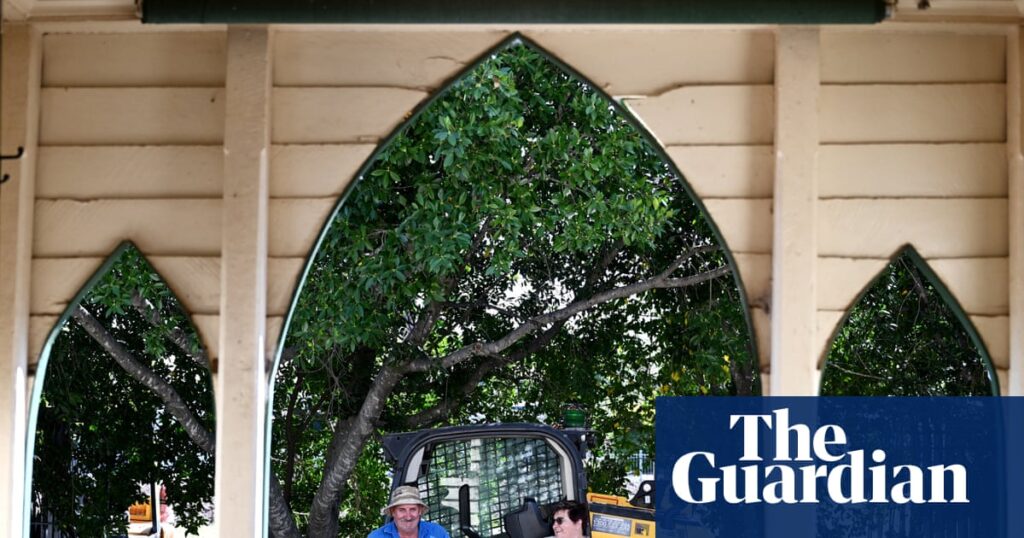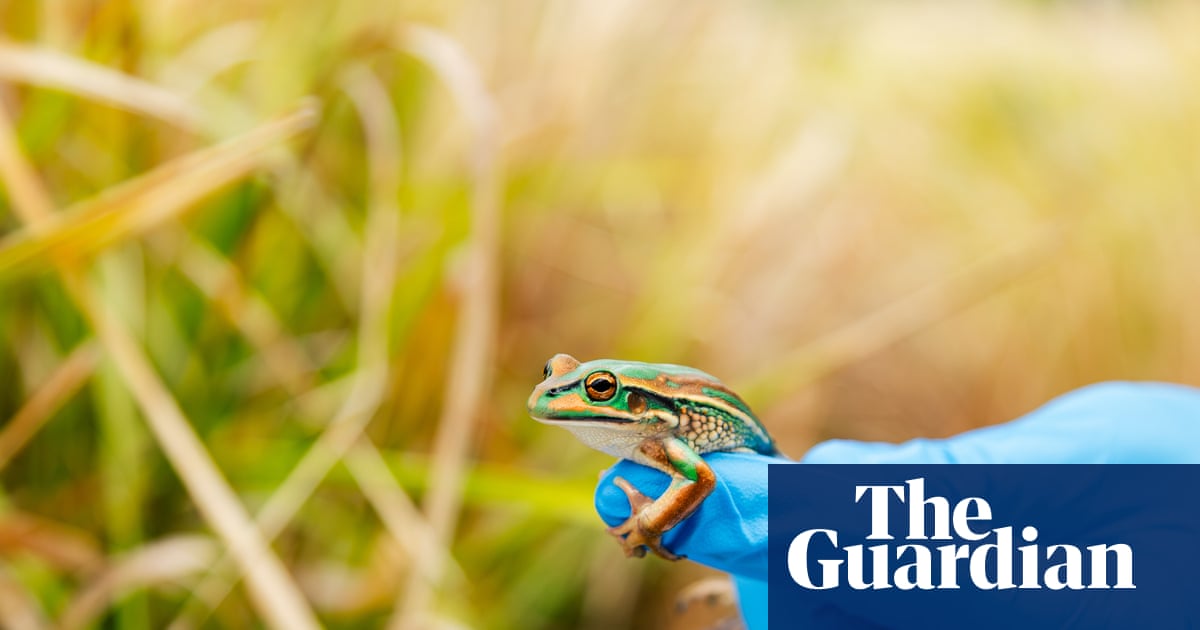
The small town of Capella in central Queensland, with a population of fewer than 1,000, is set to become home to an innovative water-based crematorium by Christmas. Wendy and Mark Tasker, local business owners, are converting an old Anglican church into a facility that will house a machine capable of transforming human remains into an urnful of white powdered bones through a process known as alkaline hydrolysis.
For Wendy Tasker, who also works part-time at a funeral parlour in nearby Emerald, this project is the culmination of a lifelong dream. “It’s always been my passion,” she explains. “Even when I was a little child, I’ve always wanted to be a mortician. I know it’s strange … but I just like to help people in their time of grief.”
Introducing Alkaline Hydrolysis to Capella
The Taskers lodged plans with the council last August to build the facility, and approval was granted in March. Wendy Tasker aims to have the machine operational by the new year. However, the introduction of this novel method has been met with some apprehension in the conservative farming community. To address this, Tasker plans to hold an open day to educate locals about the process.
“We’re not just putting someone in a barrel of acid, like some people think,” she clarifies. The process, known colloquially as water cremation, uses water, heat, and alkaline chemicals to accelerate the natural decomposition of the body. The bones are then dried and crushed, offering a cost-effective alternative to traditional cremations, as it eliminates the need for a coffin.
Tasker highlights the environmental benefits of alkaline hydrolysis, noting its lack of smoke emissions. “A lot of people are thinking more of the ozone layer and [with alkaline hydrolysis] there is no smoke, so it’s not going to pollute the air,” she says. “This is the way it’s going to go in the future.”
Disrupting the Death Industry
Jeff Boyle, the entrepreneur behind Tasker’s alkaline hydrolysis machine, views himself as a disruptor in the death industry. Boyle, a career funeral director from Proserpine, has witnessed the corporatization of funeral services in Australia, with many local funeral homes now owned by American companies.
“Most people don’t know, but [many of the] funeral homes in Australia are owned by America now,” Boyle states. “It’s not about the families any more. It’s not about anyone that matters. It’s just the profit.”
A 2025 IBISWorld report forecast the $2bn sector to grow by a quarter by the end of the decade, with InvoCare controlling about 34% of the market.
Boyle’s journey to develop his patented alkaline hydrolysis machine, “The Gentle Way,” took nearly a decade. He emphasizes the importance of offering affordable options without exploiting grieving families. “You have to make money in business, absolutely,” he says. “But you don’t need to rip people off – and you don’t need to take advantage of people in their most vulnerable time.”
Calls for Greater Transparency and Regulation
The funeral industry in Australia is largely unregulated, with minimal requirements for entry. Sandra van der Laan, a professor at the University of Sydney, experienced firsthand the lack of transparency when arranging her sister’s funeral. She co-authored the “It’s Your Funeral” investigation, which highlighted issues of “predatory pricing” and a lack of competition.
Van der Laan advocates for greater transparency in funeral costs and encourages open discussions about death. “We have this death denial culture … [and so] this industry is shrouded in mystery,” she says. “But nothing is more certain than that everyone is going to die.”
Meanwhile, pioneers like John Humphries and Jeff Boyle agree that the industry requires more oversight. Humphries, who opened the world’s first water cremation service on the Gold Coast, notes the need for higher standards to prevent “shonky operators” from entering the market.
The Future of Green Death Tech
Dr. Hannah Gould of the University of Melbourne’s DeathTech research team points to the growing interest in eco-friendly death technologies. Alkaline hydrolysis is among the most notable innovations, but human composting and biodegradable urns are also gaining traction.
Gould notes, “The significant environmental drawbacks of traditional methods have spurred new technologies to dispose of the dead.”
Boyle’s technique, which filters and reuses water while recycling extracted fats and oils, could be an “extraordinary step forward” in environmental credentials, according to Gould. However, she stresses the need for independent research to validate these claims.
Despite the complexities, the idea of a “green death” resonates with many, including Wendy Tasker’s family. “They just feel it’s a lot more calming,” she says of their preference for water cremation.
As the death care industry evolves, the Taskers’ venture in Capella represents a shift towards more environmentally conscious and transparent practices, potentially setting a precedent for the future of funerals in Australia.







